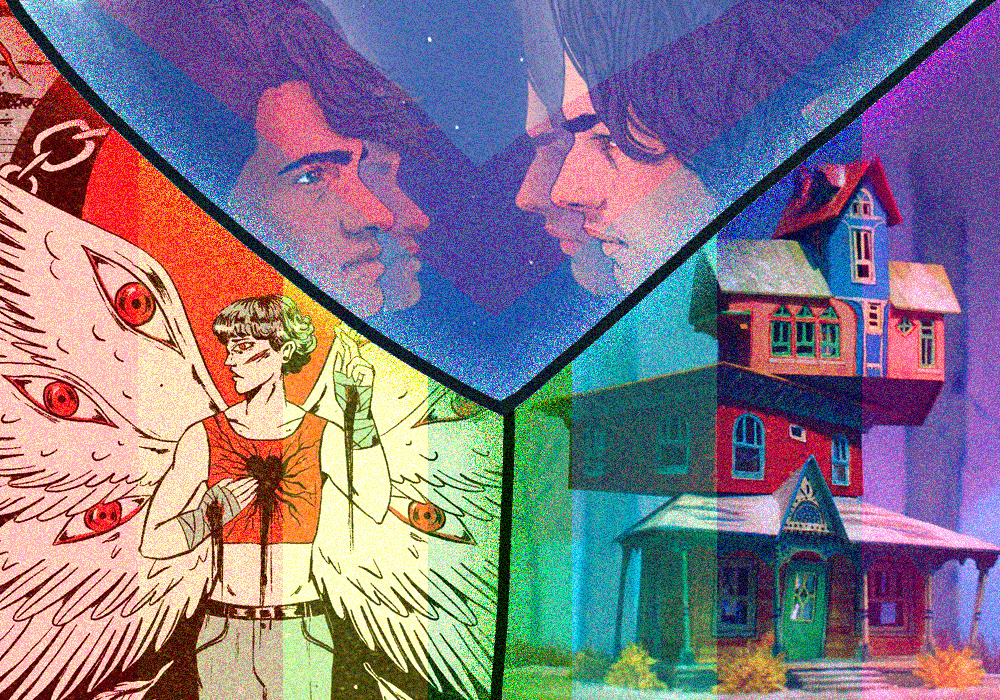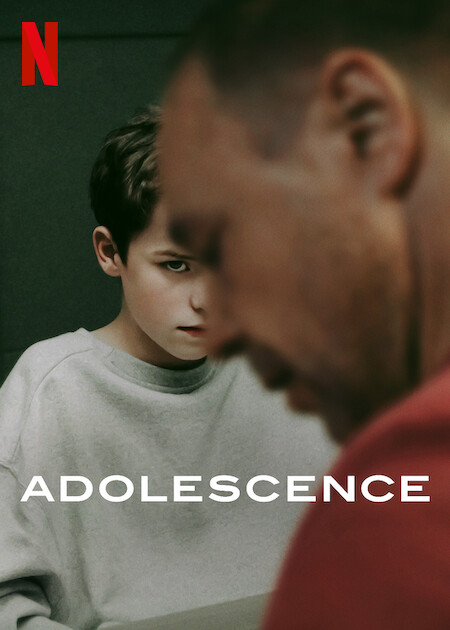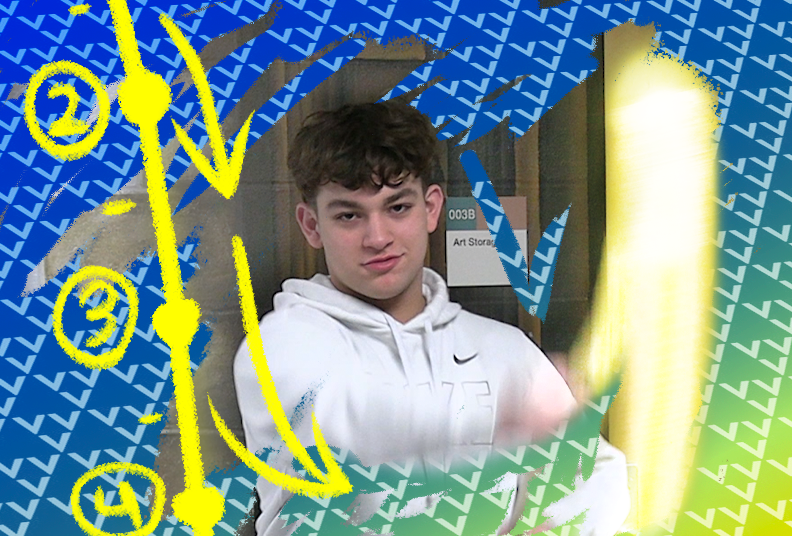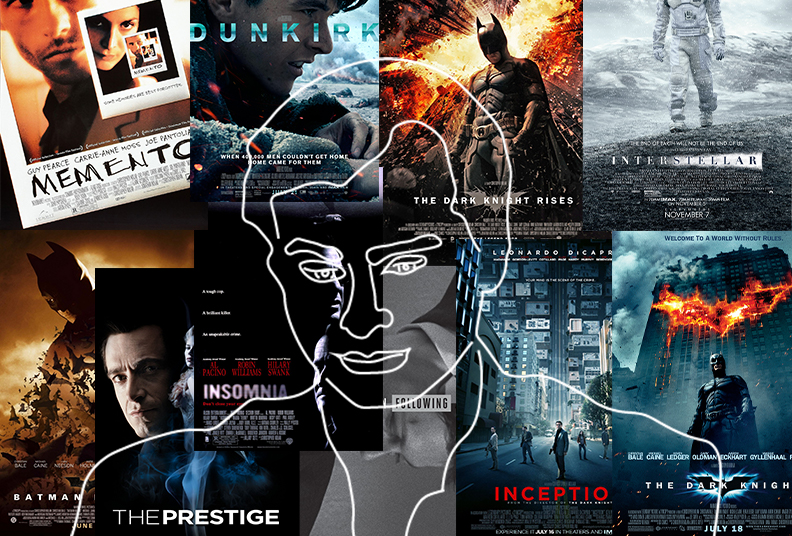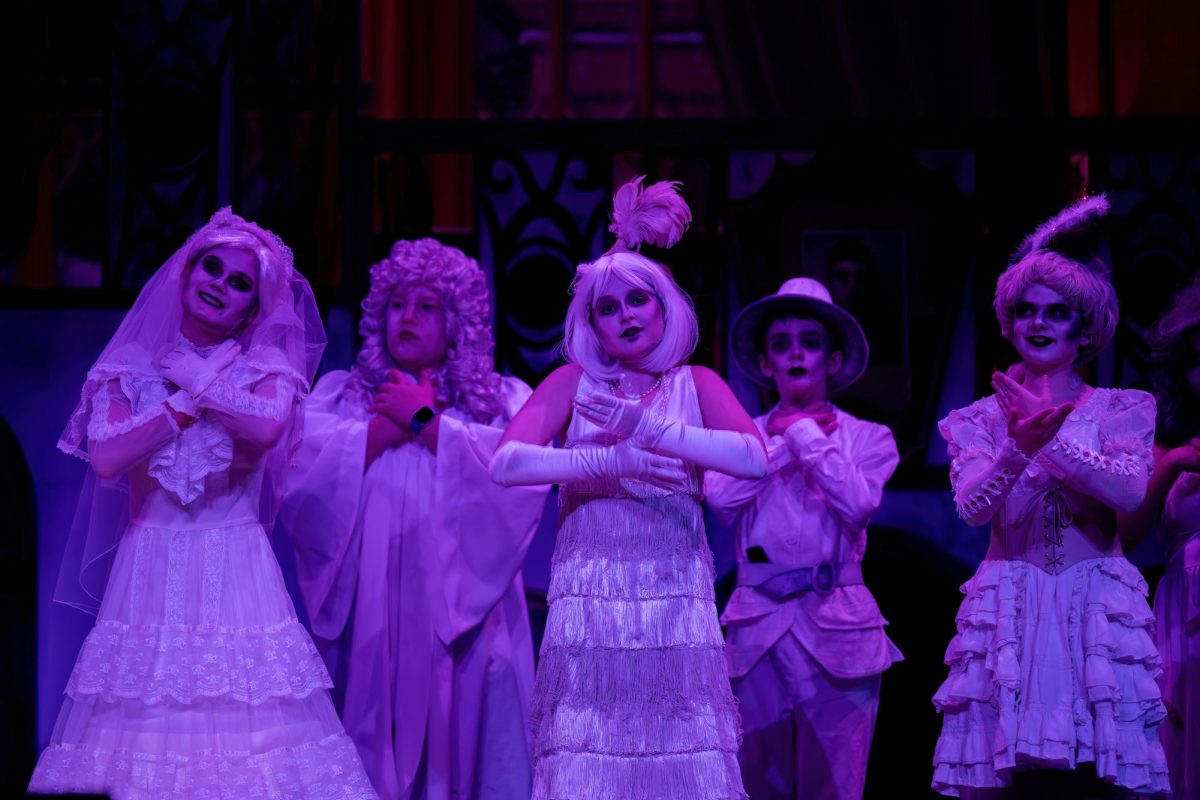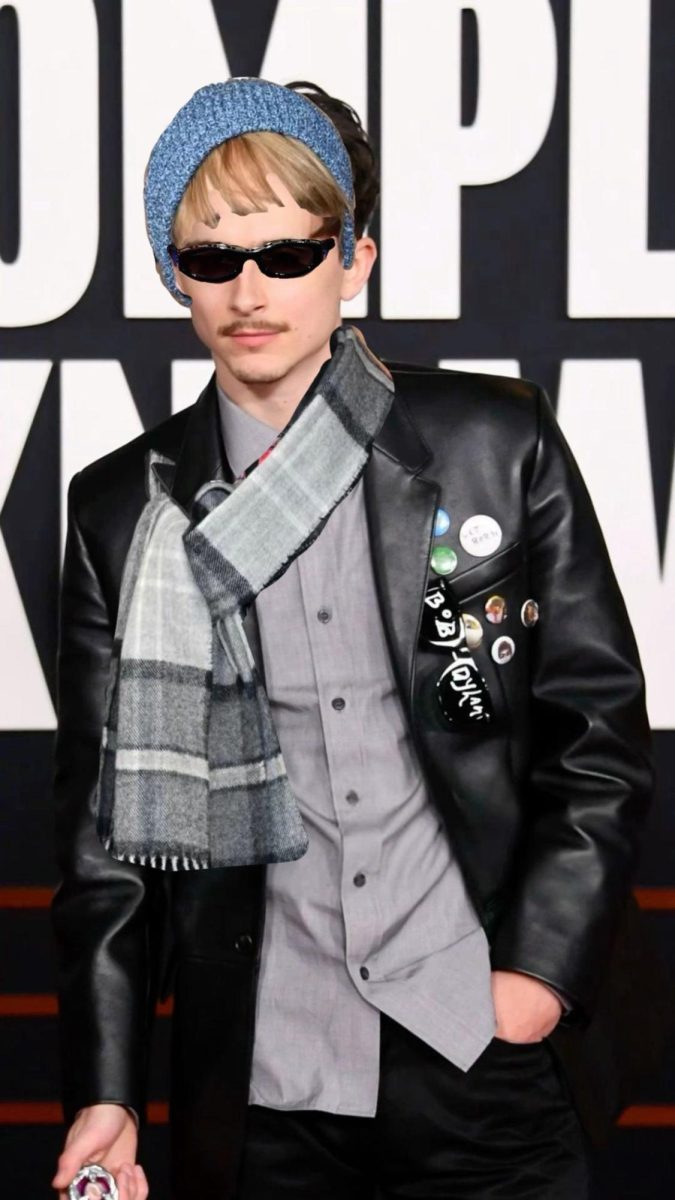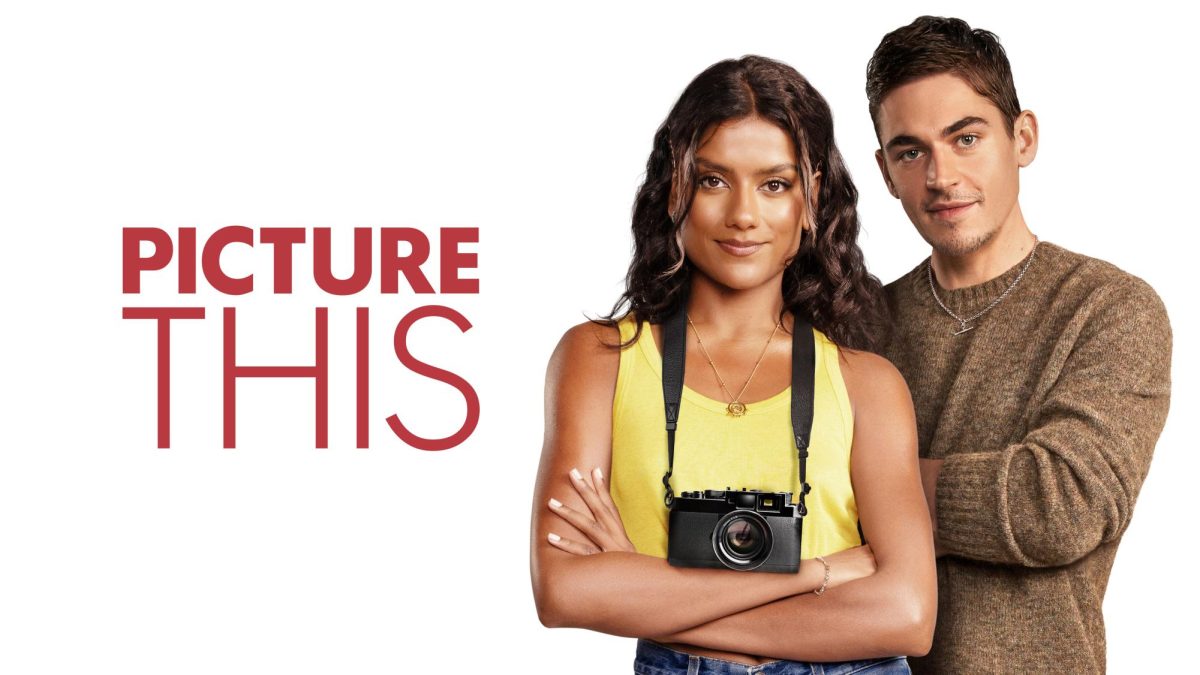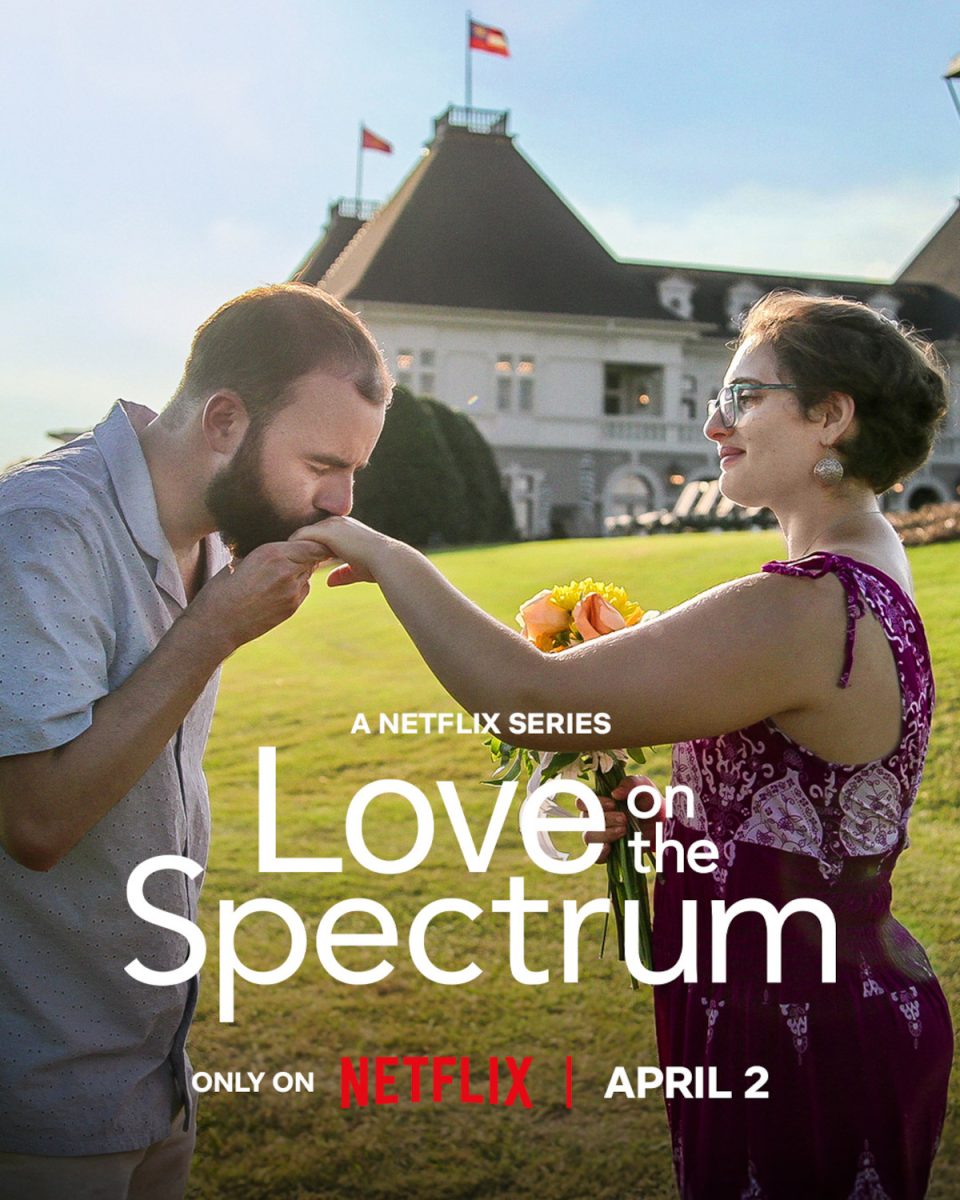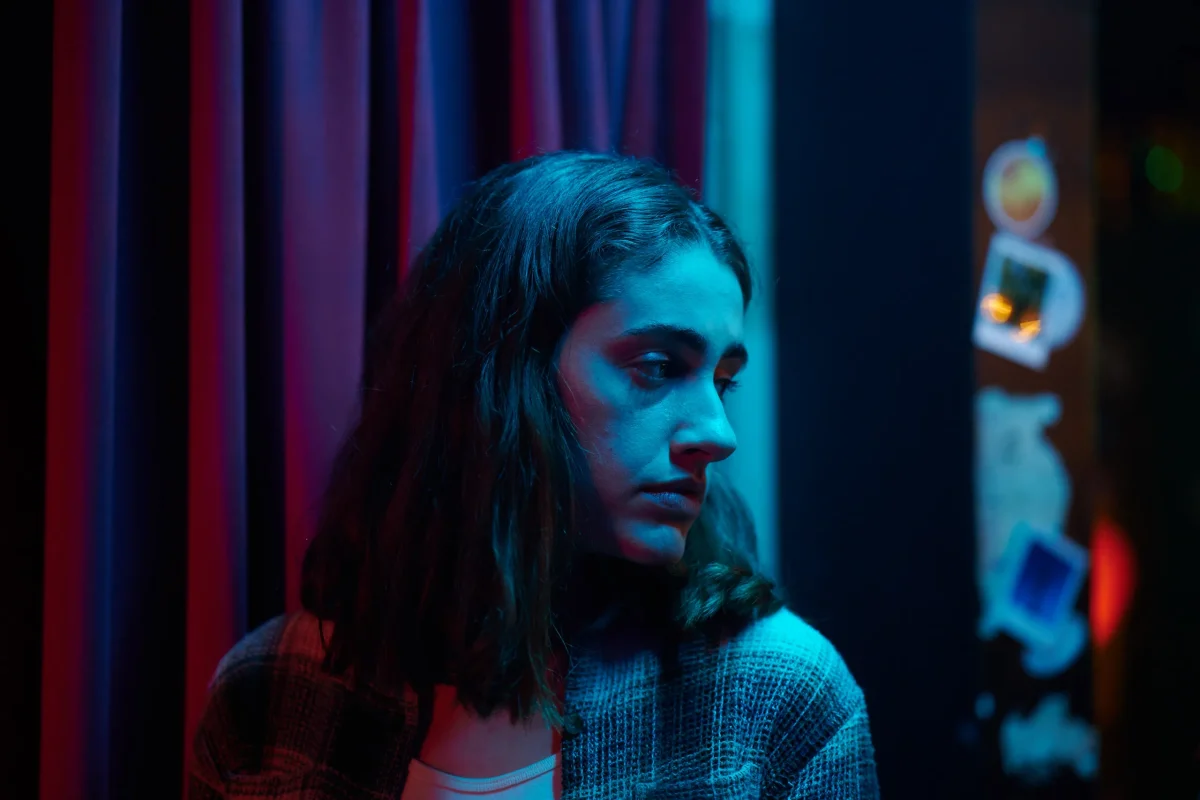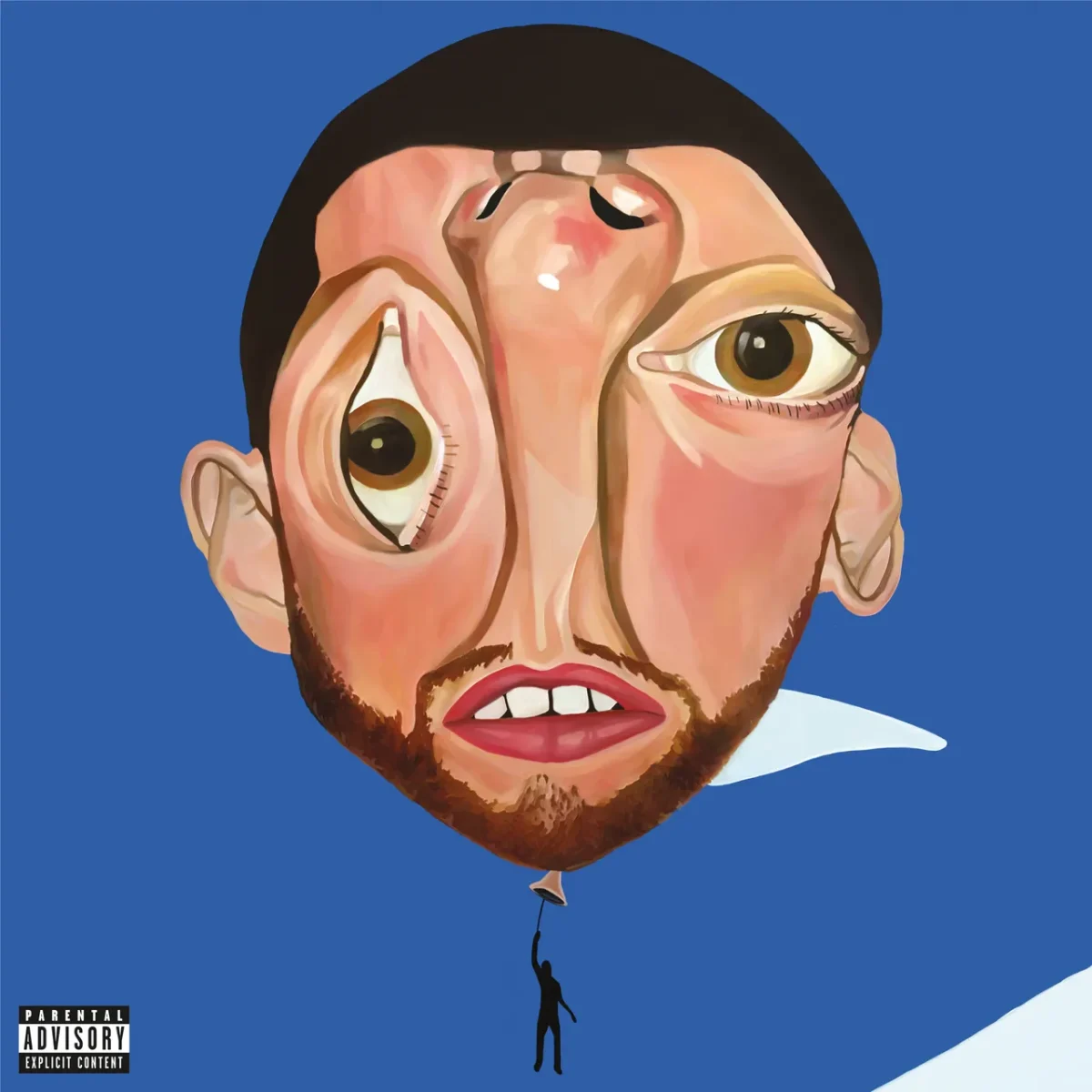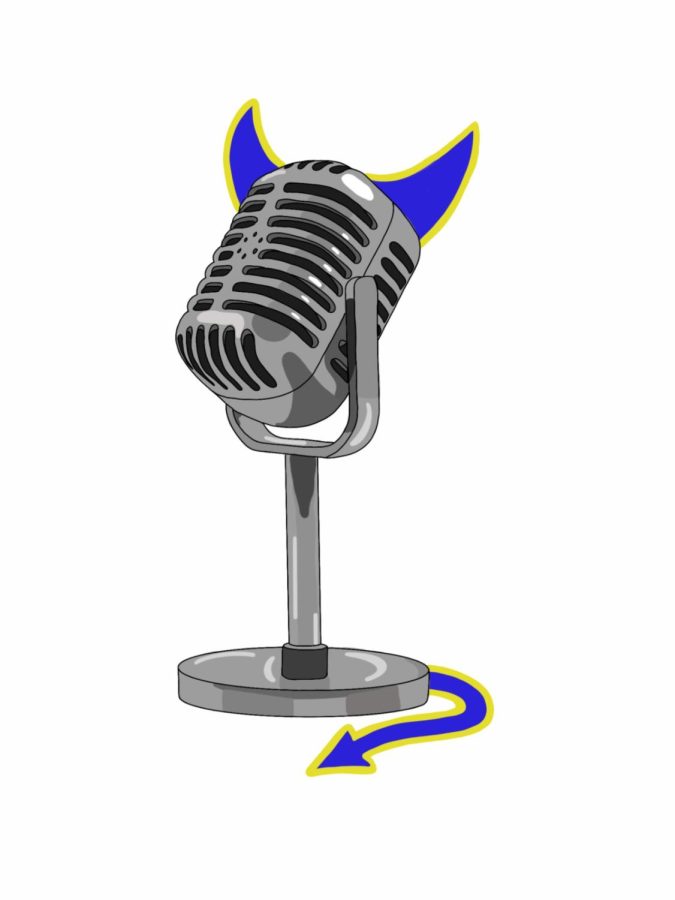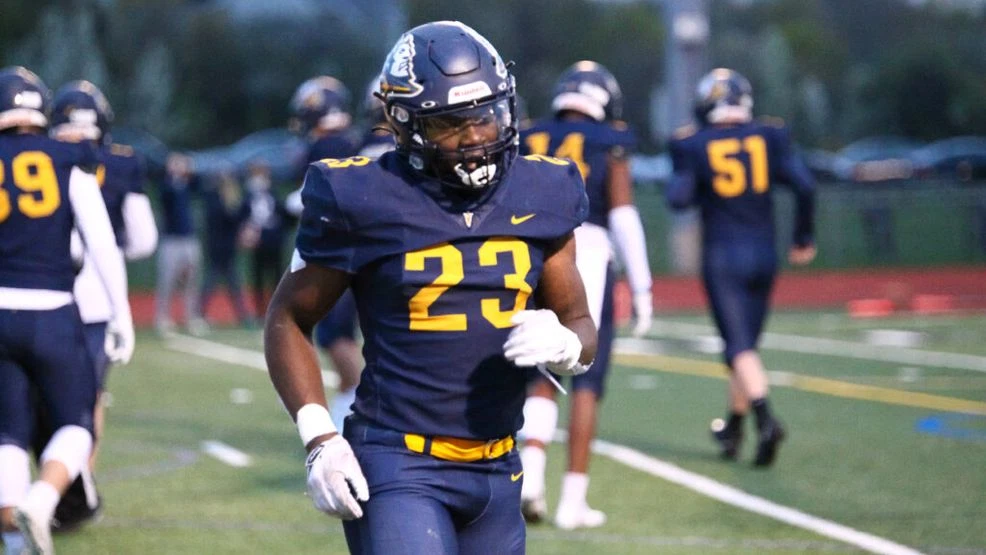When I first sat down to play The Last of Us part 2, way back in the year of our lord two thousand and twenty, I didn’t stand back up again for another 5 hours. The moment I saw Joel’s worn fingers and heard his familiar grumble for the first time in 2 years, I was dead to the world. Roughly two hours into that initial run was when I first felt the familiar warmth of tears brimming from my eyes before streaming down my cheeks.
The Last of Us is not a franchise that pulls punches. On the contrary, it seems to derive satisfaction from hitting as hard as it can, choosing not to cease even when you’re at your lowest. All this to say that when I clicked start I knew that weeping was inevitable.
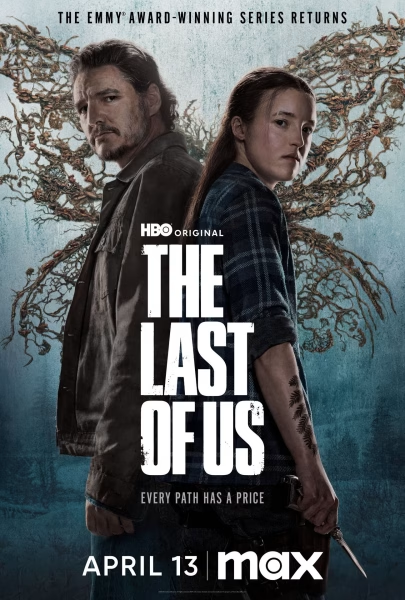
This reality rings true for the television adaptation. Although not as strong as the original game (adaptations hardly are) The Last of Us season 2 packs the same intense emotional punch. As the series unfolds our screens are graced with scene after scene of masterfully written plot that faithfully depicts the events of the game while remaining refreshingly original and engaging.
Bella Ramsey and Pedro Pascal reprise their iconic roles as the immune Ellie Williams and her surrogate father, Joel Miller. Pascal is able to beautifully express his contradictory and complex feelings of shame, anger, and pride in his decision to wipe out the Fireflies at the end of season one while Ramsey showcases an impressive performance of surface level ‘teenage angst’ veiling a deep rooted violence, anger, and resentment.
Together they are able to convincingly portray the shift in their relationship that occurred sometime within the 5 year time jump between the events of season one and two.
This is not the Joel and Ellie we remember, something has happened and their dynamic has changed forever. It is their innate and moving ability to portray intense and subtle emotions alike that grounds the show and brings alive its brutal, poignant writing.
I can think of no better example of this moving combination than the gut wrenching end of the second episode.
*SPOILERS AHEAD*
The theme at the heart of the second season is one of grief, revenge, and the cycle of violence. As the second episode progresses we are able to see this theme truly emerge as the inciting incident of this story occurs uncomfortably and traumatically in front of us. Alongside Ellie we are forced to bear witness as Joel Miller is beaten to death. Trapped behind a television we watch his death unfold to a chorus of the screams and pleas of the one he sacrificed the world for.
And just as I had years before, I began to cry.
His killer, a young and vengeful Firefly named Abby, is the daughter of the unarmed doctor that Joel gunned down thoughtlessly five years earlier. Portrayed by the talented Kaitlin Dever, this iteration of the unstoppable force of nature is a noticeable departure from the muscular and foreboding presence depicted in the game. Abby, accompanied by a small group of similarly burdened ex-Fireflies, takes off into a blizzard after accomplishing her goal, serving now as motivation as she departs back to Seattle.
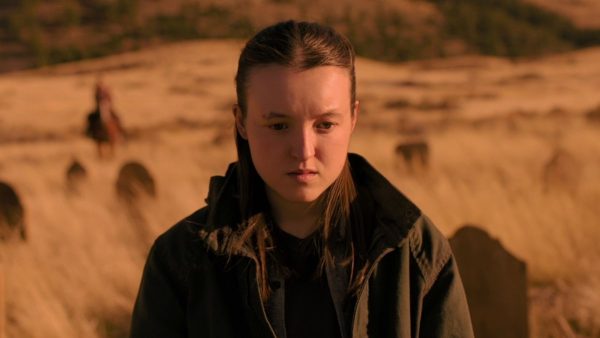
Lead writer Craig Mazin returns alongside the director and writer of both games, the brilliant Neil Druckmann, determined to keep the heart and soul of the game alive as it braves a new medium. Accompanied by skilled prop and set teams, the vibe of the source material is undoubtedly preserved. Environments ranging from the Seattle theater all the way to the massacred TV station seem as if they’ve been pulled straight from the original digital files.
However, as Ellie and Isabella Merced’s Dina travel from location to location on their dangerous journey, a new narrative branch begins to emerge. This Ellie, despite still being tormented by Joel’s death, chooses to hide her inner turmoil by embracing her evolving relationship with Dina.
Whereas in the game Ellie’s spiral is reflected through her mindless slaughter of drove after drove of named WLF soldiers, due to the different medium the show chooses to be selective with its violence. Specific yet limited moments of action and brutality attempt to pull back the charade and let the vengeful Ellie shine, but it never feels quite as impactful as the game. Although arguably a necessary change when you consider the difficult translation of gameplay to television, the narrative seems to suffer because of it. Without the physical evidence of Ellie’s determination through violence we never fully understand just how far gone she is.
The second season of The Last of Us’s television adaptation attempts to tackle the first half of the monstrously complex, lengthy, often depressing yet beautiful second game in an intense 7 episode run. Unfortunately this limited runtime seems to leave much of the harsher player experiences on the cutting room floor. The result is a more muted representation of Ellie’s ferocious odyssey, but the haunting memory of Joel’s death never ceases. Although less exhilarating than the source material, the show utilizes meaningful slow moments to remind the audience of why this is all happening, and who Ellie once was.
It is through the phenomenal soundtrack, populated by Gustavo Santoalala originals and meaningful Pearl Jam anthems, that these sorrowful moments are able to shine. Music acts as a vessel for Joel’s haunting presence to weave itself throughout the narrative. Pearl Jam’s Future Days is used in an especially heartbreaking way, as a representation of Ellie’s last remaining connection to the person she cared for most.
Although a fair amount of creative liberties were taken, the second season of The Last of Us is a brutal, beautiful, if not slightly less morbid retelling of its controversial source material. Beautiful performances, heartbreaking tragedy, and an emotionally charged soundtrack manage to hoist the flag of ‘best video game adaptation’ even higher.
Now, as we wait for season 3 and the second half of this harrowing journey, I highly recommend you play the game. Just don’t forget your tissues and be prepared for tears.



